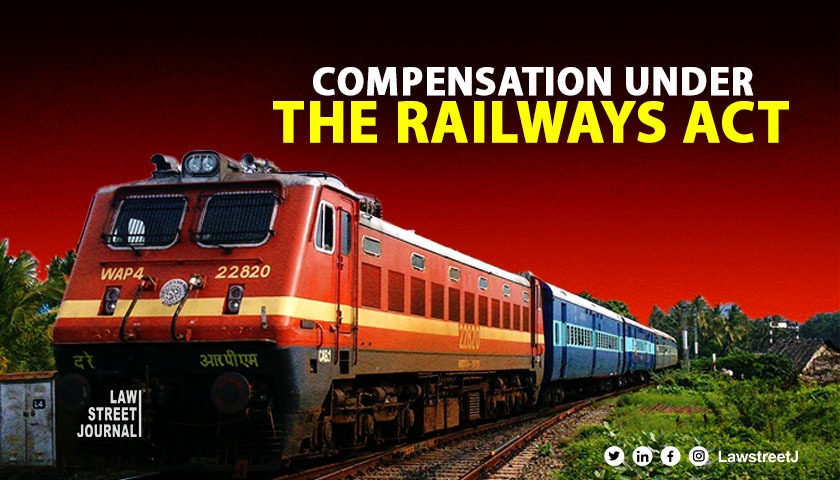NEW DELHI: Awarding compensation to the family of a mason worker who lost his life after falling from a running train, the Delhi High Court has held that, "All said and done, once it is proven that the deceased was travelling as a bona fide passenger and he fell from a running train, the respondent/railways cannot avoid its liability."
"Further, no issue can be raised regarding any negligence on the part of the passenger either," it added.
The bench of Justice Dharmesh Sharma of the Delhi High Court awarded a sum of Rs. 8,00,000/- alongwith interest @ 9% per annum from the date of death of the worker (December 23, 2018) till realization, within 2 months from the passing of the order (January 4, 2024).
Failing this, the Court made the Indian Railways liable to pay the same @ 12% p.a. interest.
The Railways had contested the claim petition relying on the report of the Divisional Railway Manager (DRM) and denied the same stating that the body was found on 'Dn' track whereas the said journey for which the ticket was purchased i.e., Bawal to Alwar, was for an 'Up' track/direction journey.
They further stated that the Train No. 14659 Jaisalmer Intercity Express was being escorted by the Railway Protection Force (RPF) staff, who had not witnessed any such incident happening during the course of journey from Rewari to Phulera.
Hence, they had argued before the Railway Claims Tribunal (RCT) that it was not a case of untoward incident as defined under Section 123(c)(2) of The Railways Act, 1989, which deals with cases of 'accidental falling of any passenger from a train carrying passengers'.
The RCT accepted the argument and relying on its earlier decision in Deepa Devi and others v. Union of India (claim application no. OA2U114/18) rejected the family's claim.
However, the High Court disagreed with the said conclusion and reasoned, Ex-facie, the aforesaid reasons are absolutely flawed and belies common sense and logic It does not divine the eyes to appreciate that, after the fall of the body, its landing on the railway tracks must have depended on the speed of the Intercity Express Train.
It held that the observation of the RCT that as a result of fall from the Up line, the body could not be fallen on the down track and the assumption that the deceased would not have died by falling from the train on Up line track is not fathomable.
As the deceased passenger was travelling with a valid ticket and his body was found on the railway track, the Court held, "No mileage can be taken by the respondent/Railways from the fact that the dead body of the deceased was found on Dn line track at KM 15/9-16/0. That alone would not invite a conclusive presumption that the deceased did not fall out of a running train."
The Court also relied on the post mortem report according to which there was traumatic amputation of neck, both lower limbs, and both upper limbs of the deceased worker and the cause of death was opined to be head injury, shock and haemorrhage as a result of multiple antemortem injuries sustained to the multiple body parts, produced by blunt force impact.
The nature of injuries were found to be such as could be possible in a railway track accident according to the report, therefore, the Court concluded that, Having regard to the nature of injuries sustained by the deceased, it is evident that he was run by another passing train either immediately after the fall or sometimes thereafter.
Cause Title: Anita Devi & Ors v Union of India







![Delhi High Court Sets Aside Arbitral Tribunal's Award Against NHAI in Highway Project Delay Case [Read Judgment]](/secure/uploads/2023/07/lj_9605_23374c2e-392c-4491-a2fe-f2f12fc5272f.jpg)
![Delhi Court Rejects Stay Request in Defamation Case Against Rajasthan CM Ashok Gehlot [Read Order]](/secure/uploads/2023/08/lj_5208_80de1ddc-d76a-4f7f-b180-408e3ae14fb4.jpg)







